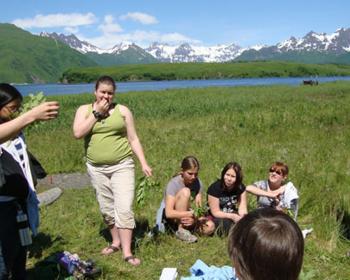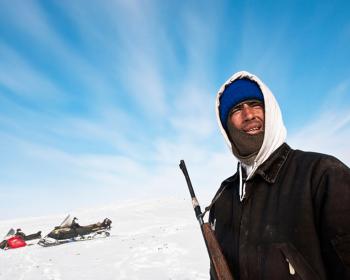The following was blog entry was posted by Rocky Kistner of the National Resource Defense Council
April 3, 2012
In the Dakotas, members of the proud Lakota Nation rose in protest this week to join a 48-hour hunger strike in opposition to the Keystone XL pipeline-and all tar sands pipelines-they say will destroy precious water resources and ancestral lands in the U.S and in Canada.



